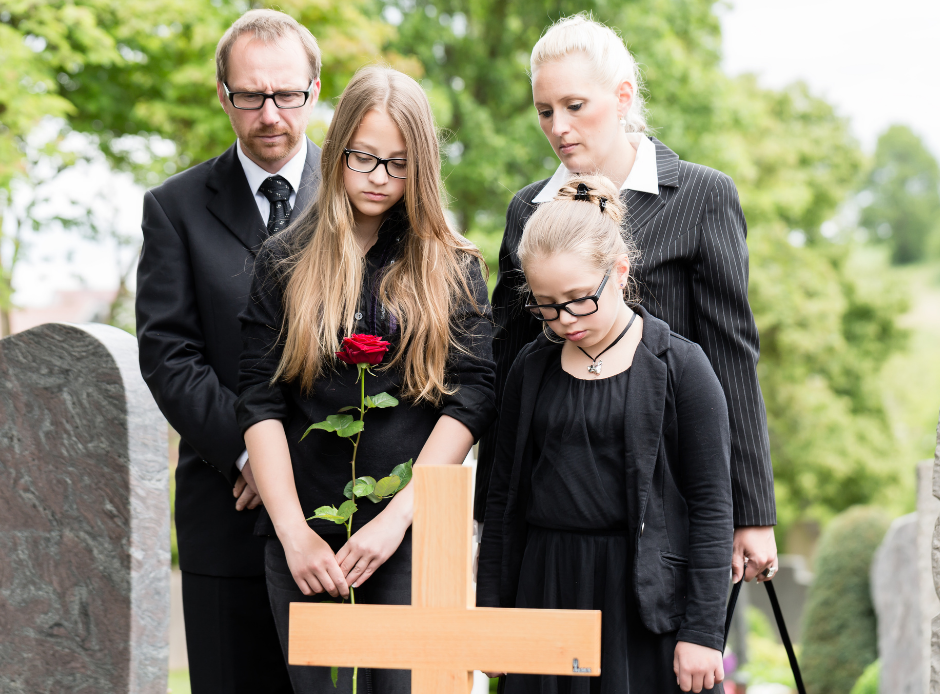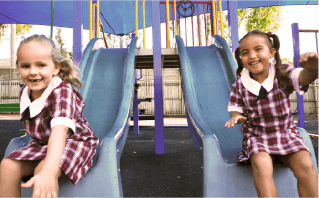
Death is a difficult concept for children to understand. It can be hard to know how to talk about death with your child. However, it is important that you provide them with some understanding of what death means. This will help them cope with the loss of a loved one. There are many ways to talk about death with your child. The most important thing is to be open and honest. You can also use age-appropriate language when explaining death to your child. By following these tips, you can help your child cope with death in a healthy way.
First, as parents, we need to acknowledge that TIME is a very abstract concept for young children. Therefore, they may react differently to an adult who understands that death means that the loved one is not coming back.
When a loved one dies, children can feel and show their grief in different ways. How kids cope with the loss usually depends on their age, how close they felt to the person who passed, and the support they receive.
What can you do to prepare for the loss of a loved one?
Quality time. Let your child spend quality time with the person, if possible. This helps the child and the elderly person feel loved and appreciated.
Share information in doses. Gauge what your child can handle by providing small bits of information at a time. You’ll know what further information to provide based on the questions your child asks. There is no need to tell a child that the person will die soon. This can put too much pressure on the child and raise unnecessary anxiety. If the child asks if grandma will die soon, you can explain that she will die at some point because she is ill, but we can’t predict when it will happen.
Build memories. If your child is open to it, encourage her to write or draw a picture about good times spent with grandma and give it to her before she passes.
What can you do after the loss of a loved one?
When a loved one dies, it can be tough for children to cope. They may not understand what is happening, and they may feel scared or confused. There are steps you can take to help your child deal with the loss of a loved one.
How to Talk About Death to Your Child
Use simple and straightforward words. To break the news that someone has died, approach your child in a caring way. Use words that are simple and direct. For example, “I have some sad news to tell you. Grandma died today.” Pause to give your child a moment to take in your words. It might feel uncomfortable to use the word “died”, but research shows that using softer terms such as “passed away”, “lost”, “crossed over”, and “went to sleep” creates confusion and fear. As you can imagine, if you tell a child Grandma “when to sleep,” they are more likely to be scared of going to sleep themselves for fear that they might die as well.
If your child asks where Grandma is now, you can answer according to your beliefs. My father died when I was a child, and my teacher told me that when someone we love dies, they become stars, and they are always there watching over us. I found that very comforting.
Listen and comfort. Every child reacts differently to learning that a loved one has died. Some kids cry, some ask questions and others seem not to react at all. That’s OK. Stay with your child to offer hugs or reassurance. Answer your child’s questions or just be together for a few minutes.
Talk about emotions. Encourage kids to say what they’re thinking and feeling in the days, weeks, and months following the loss. Talk about your own feelings: It helps kids be aware of and feel comfortable with theirs. Say things like, “I know you’re feeling very sad. I’m sad, too. We both loved Grandma so much, and she loved us, too.”
Tell your child what to expect. If the death of a loved one means changes in your child’s life, head off any worries or fears by explaining what will happen. For example, “I need to stay with Grandpa for a few days. That means you and Dad will be home taking care of each other. But I’ll talk to you every day, and I’ll be back on Sunday.”
Explain the rituals
Let the child be part of rituals. Tell your child ahead of time what will happen. For example, “Lots of people who loved Grandma will be there. We will sing, pray, and talk about Grandma’s life. People might cry and hug. People will say things like, ‘I’m sorry for your loss,’ or, ‘My condolences.’ Those are polite and kind things to say to the family at a funeral. We can say, ‘Thank you,’ or, ‘Thanks for coming.’ You can stay near me and hold my hand if you want.”
You might need to explain burial or cremation. Explain what will happen and what she might see. Making the day predictable will give her a sense of control.
Give your child a role. Having a small, active role can help kids master an unfamiliar and emotional situation such as a funeral or memorial service. For example, you might invite your child to read a poem, pick a song to be played, gather some photos to display, or make something. Let kids decide if they want to take part and how.
How to help your child cope with grief
Help your child remember the person. In the days and weeks ahead, encourage your child to draw pictures or write down favourite stories of their loved one. Don’t avoid mentioning the person who died. Recalling and sharing happy memories helps heal grief and activate positive feelings.
Respond to emotions with comfort and reassurance. Notice if your child seems sad, worried, or upset in other ways. Ask about feelings and listen. Let your child know that it takes time to feel better after a loved one dies. Some kids may temporarily have trouble concentrating, sleeping or have fears and worries.
Maintain your daily routine. Children thrive with consistency. Try as much as possible to keep your usual daily routines. You might need some time off to get organised, but as soon as possible, allow the child to continue to take part in their usual activities like school and social events.
Give your child time to heal from the loss. Grief is a process that happens over time. Be sure to have ongoing conversations to see how your child is feeling and doing. Healing doesn’t mean forgetting about the loved one. It means remembering the person with love and letting loving memories stir good feelings that support us as we go on to enjoy life.
Look for extra help. If your child is overwhelmed with feeling, it could be helpful to talk to a counsellor or psychologist.
You can use the Superpower Kids Touching Books about Death & Grief printable to help your child find comfort after the loss of a loved one.
Related Articles
https://www.superpowerkids.net/2021/10/19/ama-my-child-worries-about-my-death/




